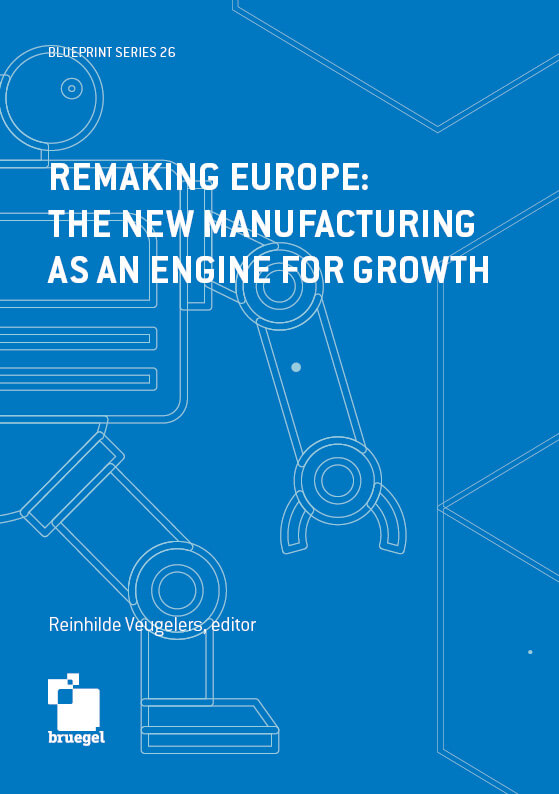Former scholars

Filippo Biondi
Former Research Assistant
Filippo, an Italian citizen, works at Bruegel as a Research Assistant in the area of innovation and competition policy.
Before joining Bruegel, he worked as a Trainee and then Consultant in the Research Division of the European Central Bank, within the Competitiveness Research Network (CompNet).
Filippo holds a BSc and MSc degree in Economics and Social Sciences from Bocconi University, with an exchange program at Dartmouth College.
His master thesis focused on firms' productivity distributions. In particular, on the development of a novel statistical decomposition of aggregate productivity dynamics in order to assess the heterogeneous contributions of different groups of firms.
Filippo’s research interests include international economics and trade, firms and competitiveness, industrial and competition policy.
He is fluent in Italian and English, and has basic knowledge of French.



